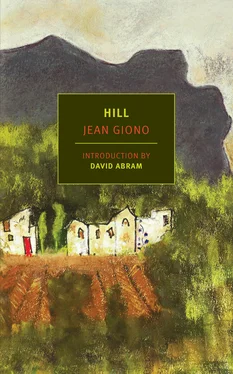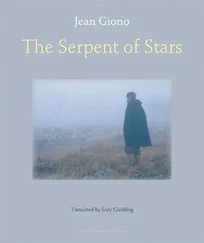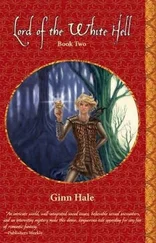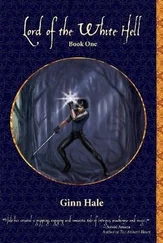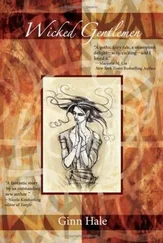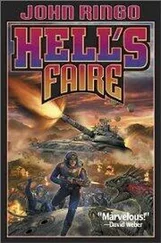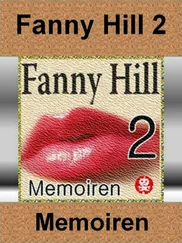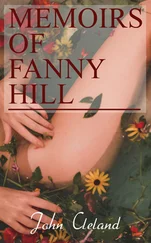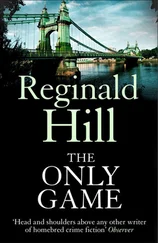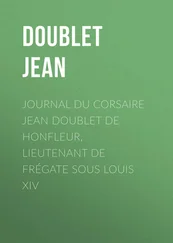•
Jean Giono was born in 1895, in the rural town of Manosque, a thousand-year-old settlement in the valley of the Durance River, set among the rolling hills, plateaus, and mountains of Alpes-de-Haute-Provence. His mother was a laundress, his father a shoemaker of fiercely independent political and social views. Growing up among the smells of hot irons and steam and freshly washed linen, listening to the sounds of the cobbler’s craft making necessary things from simple materials, young Jean gained an early appreciation for the sensuous and palpable textures of life. The sensations gleaned when roaming outside the town walls — watching peasants working the hillside fields, hearing the speech of the scythe and smelling the new-mown wheat, accompanying shepherds as they drive their flocks to the summer pastures high in the mountains (learning the rhythmic and singsong cries by which the herders guide the flocks and signal their sheepdogs) — all such visceral impressions of life lived in direct relation to the seasons settled deep into the young man’s memory.
At sixteen he quits school and begins working as a clerk in the local bank to help support his family. He reads Homer in the off-hours. When war breaks out Jean is called up to serve in the infantry, which he does for five years. Posted to the north, he fights in the hellish battle of Verdun — the longest battle of the war. As the armies begin to deploy chemical warfare, his eyelids are scorched by mustard gas in the fighting. He is one of only two members of his company to survive.
The gruesome horror of war, the anguish of watching so many comrades die, scarred Giono’s soul. The sheer insanity of it, the inconceivable waste of life by the newly mechanized forms of warfare, each side racing to overcome the other with more effective killing machines — machine guns, armored tanks, tanks with rotating turrets, flamethrowers, poison gas, fighter airplanes, bombers — transformed Giono into an ardent pacifist, with a distaste verging on disgust for so-called “progress.” He made his way back home, past forests now leveled to stumps, past long-cultivated fields turned to muck and farm animals starved and dying. In Manosque, with most of his generation dead or wounded, he took up again his job at the bank, married, started a family, and soon began to write, exploring with words the possibility of other ways of living, other ways of feeling and thinking that might draw humankind in a different direction, that might induce a swerve in our collective trajectory, away from the growing mechanization of life and the inevitability of further war. He began to write of the earth —of a living relation to the elemental, earthly cosmos as the necessary source of all human solidarity, as the inescapable (but easily overlooked) ground of all affection between persons and between cultures, as the very possibility of peace.
•
Hill was Giono’s first published novel (he ultimately published more than fifty books, the great majority of which were works of fiction), and in this work we find him grappling with and giving a first shape to themes that would remain central to all his early novels, and in some manner to all his life’s work. Giono’s vision is intensely — even overwhelmingly — ecological. I say “overwhelmingly” because this vision is glimpsed by the human protagonists in Hill only in moments of epiphany, when it threatens to swamp all their settled assumptions regarding the workings of the world. In part this indirection is due to Giono’s greatness as a novelist: He will never spell everything out for his readers but will afford us only partial and fragmentary glimpses of a mystery that resists any total understanding. Yet it’s also a result of Giono’s own exploratory moves toward a stance that remains somewhat embryonic in this first work but will gradually emerge as a full-blown animate cosmology (though again, never spelled out: a cosmos that can only be sensed from one’s limited position within its depths) in Song of the World , published five years later. In that work, the human figures are fully a part of the wild and darkly breathing cosmos (indeed, the two human protagonists seem to be walking expressions of the river and the forest, respectively), while in Hill the human characters are negotiating their first, dawning awareness of their inherence within a world that is, itself, alive… and the prospect terrifies them.
Although the coarse and spiteful elder, Janet, carries something of this cosmological vision as a secret within his now-paralyzed body, it’s his son-in-law, Gondran, who first stumbles upon this strange new angle of sight while hoeing in his olive grove. He’s feeling strong; it’s a fine day, and when his spade startles a lizard that darts out from under the grass, Gondran can’t resist the sudden intoxication of power: He slashes the reptile with his spade and watches its severed limbs writhe in the dirt. But then, upon noticing the creature’s blood, an unease quietly comes over him, stopping up his throat like a stone. “While he digs, it occurs to him for the first time that there’s a kind of blood rising inside bark, just like his own blood; that a fierce will to live makes the tree branches twist and propels these sprays of grasses into the sky.”
Sensing for the first time the life stirring all around him in plants, in animals, he begins to wonder at the suffering that he unleashes when he scythes or when he cuts down a tree. The epiphany grows: Perhaps even the stones are alive, and the rocky ground where he stands. “This earth!… what if she really is a living being, what if she really is one body?”
The vision swells, intensifies, transforms everything around him: “An immense life force, slow to move, but awesome in its naked power, rouses the stupendous body of earth, flows over her valleys and knolls, folds her flatlands, bends her rivers, and builds up her thick coat of soil and vegetation.”
Yet Gondran, the simple peasant, cannot contain this vision; what it straightaway stirs in him is fear, terror. What if this living earth has bad intentions? What if its massive body is readying itself to destroy him, the way he slashed that lizard? “In no time, to avenge herself, she’ll haul me up to where the skylarks lose their breath.”
He rushes back to the houses to warn the others. Over a bottle of absinthe (a recipe perfected by old Janet) the other men ponder the ramifications, taking care not to alarm the women. The most reflective of them, Jaume, only amplifies Gondran’s concern, spreading his paranoia to the others. They arm themselves; they become watchful, on the lookout for… what? They do not know. Only that something in this broad terrain may be out to get them for the way they’ve been treating the land. Perhaps the hill itself.
•
It might be worth pointing out that the author did not title his novel La Colline (The Hill) but rather Colline ( Hill ). Given that nouns, in French, are pretty much always preceded by a definite or indefinite article, the fact that here Hill stands on its own seems significant. Indeed atop Giono’s manuscript, he had written “La Colline,” but then had crossed out the definite article. Perhaps the reason lies here: When we use a definite or indefinite article in front of any noun — a bear, the bear — it entails a slight distance from that being, either for classification (as one bear among many) or specification (the bear, there). But when we dispense with an article and speak of this presence as Bear, there is no distance. The object involves us totally. “The Hill” determines a particular hill that we may approach or envision from a distance. Hill names a power that absorbs us, and may even, perhaps, subsume us.
Читать дальше
